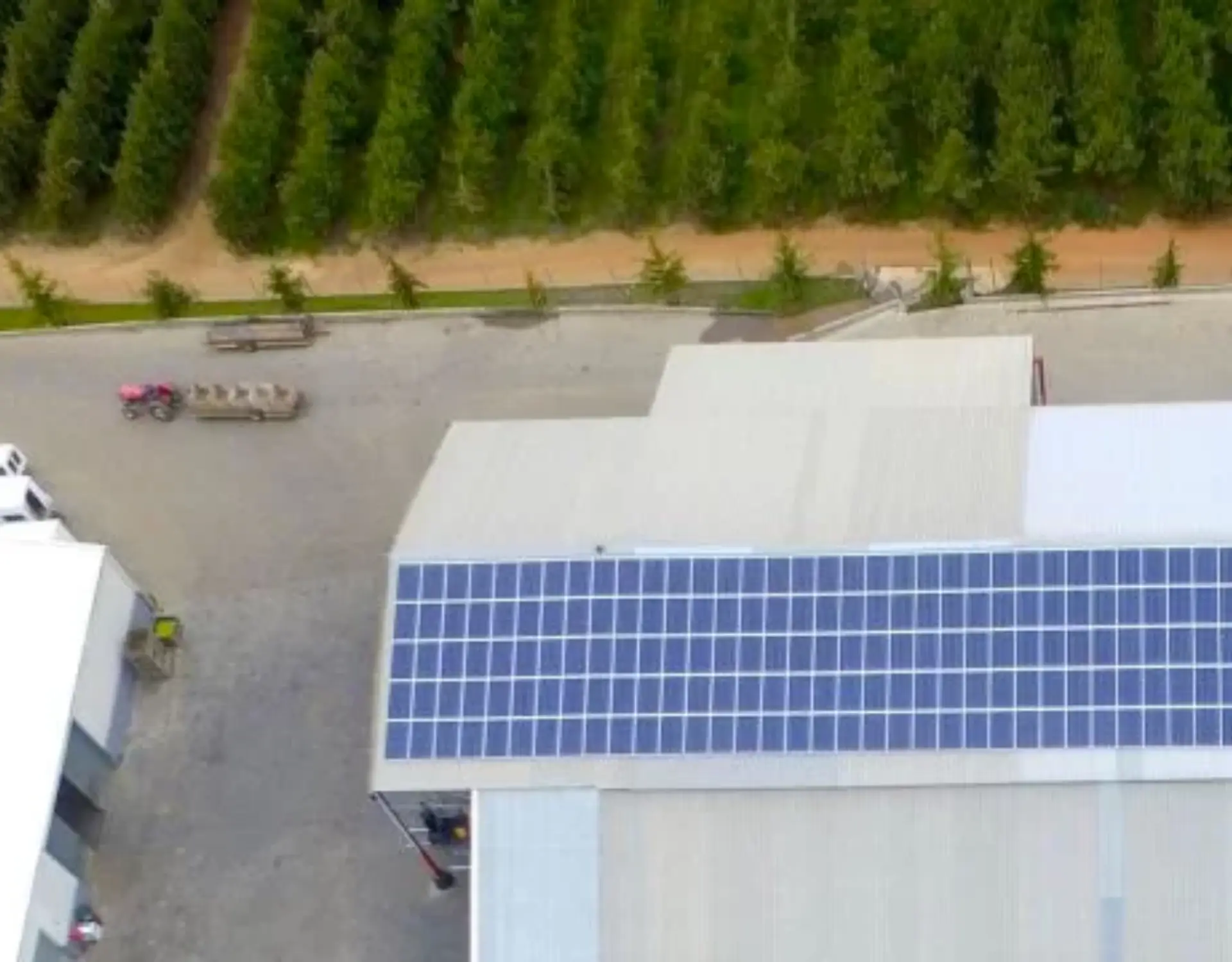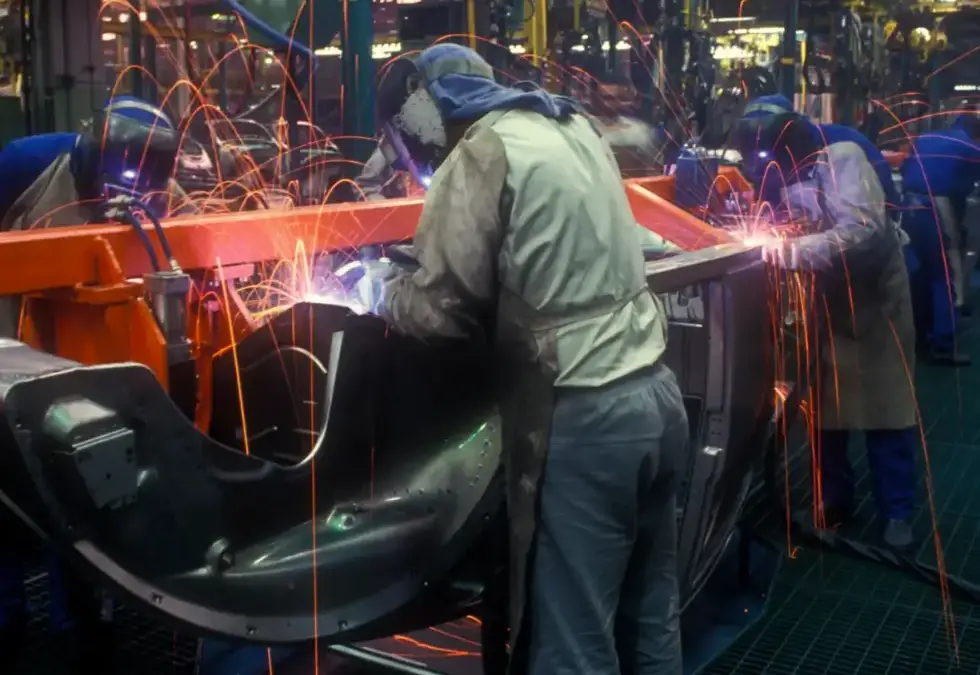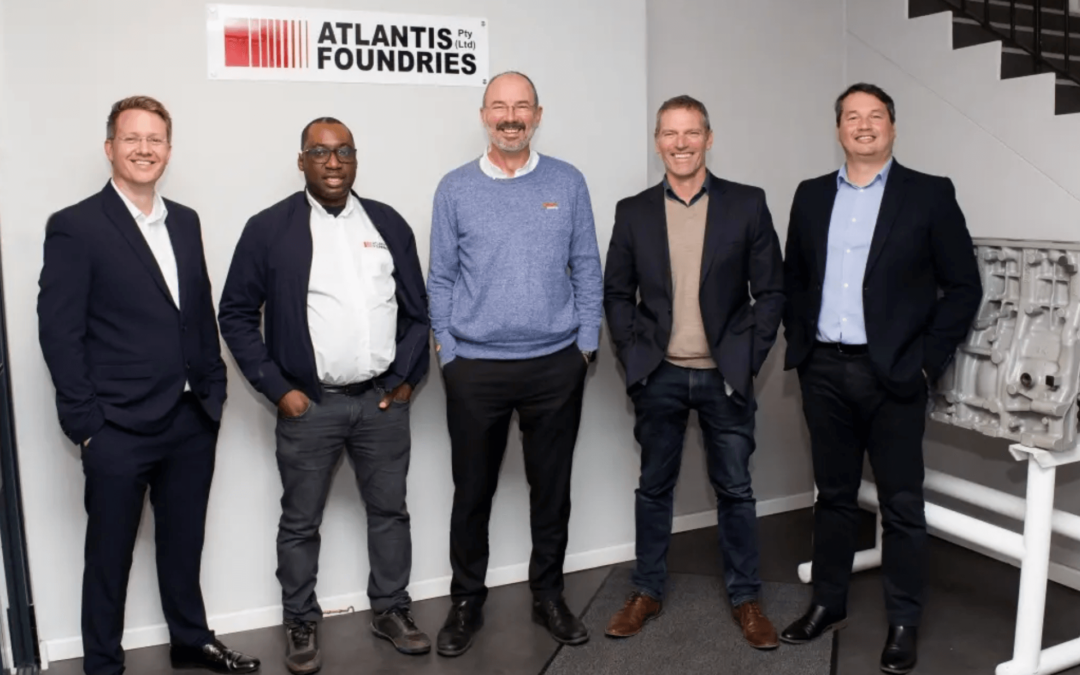With commercial solar energy becoming increasingly affordable as the cost of photovoltaic (PV) systems continues to decline, agricultural operations in South Africa may have a lot to offer the national grid in the future. This, however, is dependent on government making the necessary changes to allow for greater levels of private energy generation.
This is according to Manie de Waal, CEO of Energy Partners Solar, who says that there is a notable opportunity for large farming operations to significantly reduce their energy spend and further ease strain on the national electricity grid.
“Many large agri operations are spread across multiple farms in different areas, each with its own energy requirements. While embedded generation in the form of solar energy will reduce the energy spend of the business, it may not be practical to install smaller PV systems on each site. This is where the practice of wheeling could make a massive difference.”
As De Waal explains, wheeling is a system whereby renewable energy plants pay a fee to use the national grid to transport the electricity from the production site to the end-user.
“In essence, it would enable an agricultural business to produce solar energy on one of its sites to feed into the national grid, enabling its other sites to draw an equivalent amount of energy from the grid at its other sites at a significantly reduced cost. It would also enable one farm to sell energy to its neighbours.”
The challenge here, according to De Waal, is that South Africa’s energy regulations are not yet enabling businesses to do this. “First and foremost, it would require the farm to have a generation license. While energy producers are free to apply for them, Nersa is simply not approving applications at this time. There is also the fact that Eskom still needs to introduce policies to enable this practice.”
With that said, he holds hope that wheeling will be introduced in the near future. “Treasury has been pushing the state utility to allow privately-owned, small-scale embedded renewable energy operations to contribute to the national grid through wheeling for some time now.
“Given the comments made by both the Minister of Finance and the Minister of Public Enterprises in October about Eskom’s dire financial state, it is likely that the political will to introduce sensible interventions such as wheeling, is on the rise.”
Added to this, the City of Cape Town and Drakensberg municipalities have already put provisional wheeling tariffs in place, in anticipation of it becoming a possibility down the line. “Some large commercial entities, including a few of our own clients, have also been putting strategies in place to spread their own renewable energy generation across multiple sites. We believe that it is simply a matter of time before farms with embedded PV systems will be able to benefit from this practice.”
In light of this, De Waal says that all agricultural businesses should at least consider what an investment in small-to-medium-sized PV generation systems could mean for their operation. “Given the amount of open space they have, farms are ideal for generating renewable energy to feed into the grid. I would recommend any agri business to consult with a capable service provider that can provide renewable energy to the existing operation, and who can advise on the best ways to scale up one’s power production if and when wheeling comes into practice in South Africa,” he concludes.





